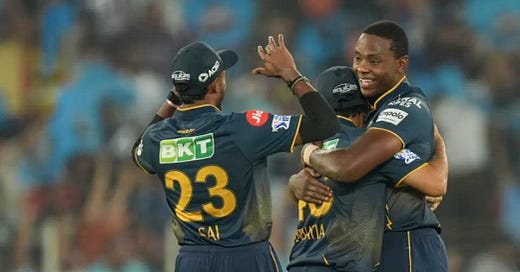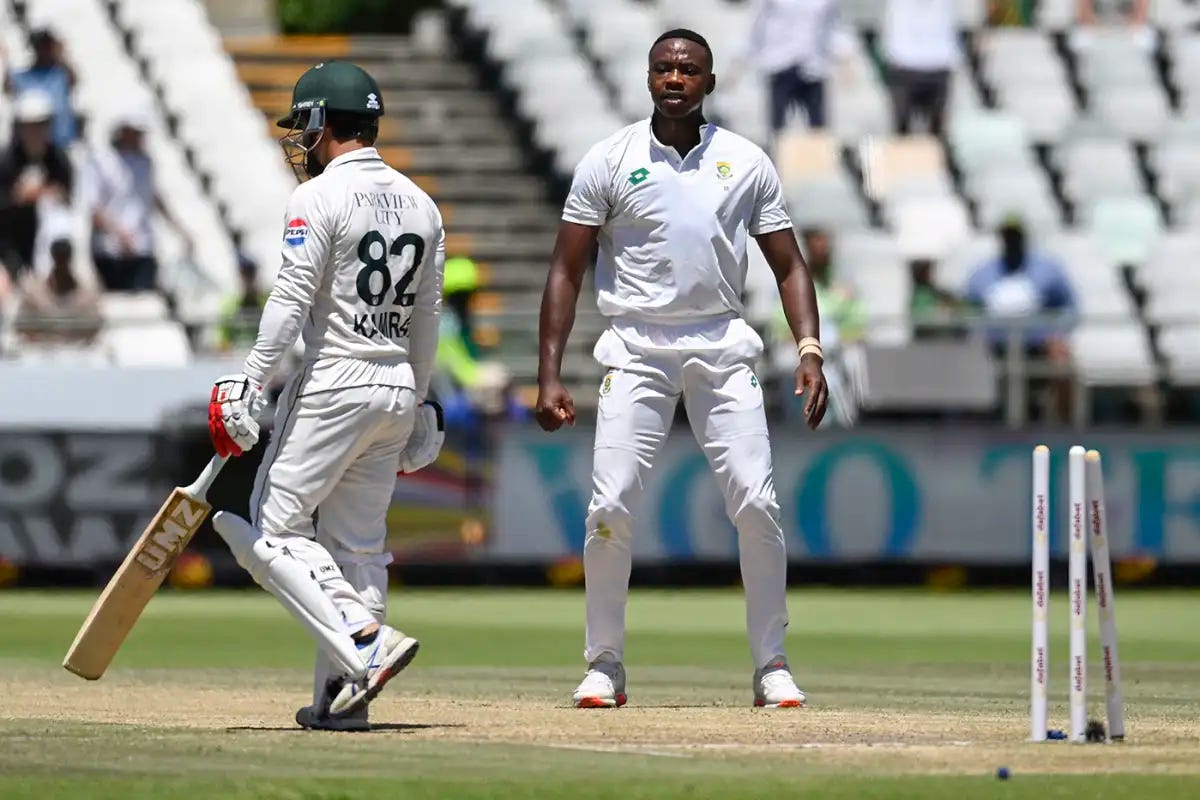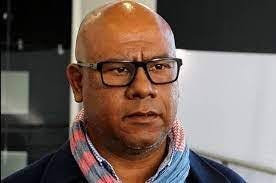WADA 'Catches Cheats, Not Embarrasses Athletes'
South Africa doesn't have its own drug-testing lab
The former Director General of the World Anti-Doping Agency (WADA) said on Tuesday that the one-month sentence imposed retrospectively on Kagiso Rabada for a failed drugs test was “…pretty sensible” and reminded sports fans that WADA’s goal was to ‘catch cheats, not embarrass or humiliate athletes.’
Talking to the excellent journalist, Daniel Brettig, in an article in the Melbourne Age, David Howman said: “This outcome has fallen under the pragmatism category, where WADA has accepted that it’s a player welfare issue and some of these things – because they are so prevalent in society – are going to be in sport, and you’ve got to look at each case on an individual basis. The outcome that was reached in the Rabada case was pretty sensible”.
Howman is now the head of integrity at world athletics and said there were two aspects of Rabada’s case which surprised him: “In athletics we will publish cases involving provisional suspensions because we want other athletes and the public to know why that athlete is not out on the field or on the track.”
The second is the time taken between Rabada’s test, taken after MI Cape Town’s match against the Durban Super Giants at Kingsmead on January 23, and the player being informed of the result on April 1.
“You’ve got to look at each case with these substances as to the athlete’s welfare. The fact this sample was taken in mid-January and the result wasn’t known until early April, that’s the sort of thing that worries me. Because the athlete is competing in the interim not knowing there’s possibly a positive. They would prefer to hear about it within days or weeks at least of the test being taken”.
There is a very simple explanation for the delay which Howman may have forgotten. South Africa’s only drug testing laboratory, in Bloemfontein, lost its WADA accreditation several years ago. Every blood and urine sample taken from South African athletes has to be sent to Doha for testing.
“It is a long process,” confirmed the SA Institute for Drug-Free Sport (SAIDS) chief executive, Khalid Galant. “We need to be as close to 100% certain about the test as it is possible to be. We need to know for sure that it is not a false positive because if that happens and is made public then the reputational damage to the athlete has already been done. The transportation of samples and the rigorous series of processes can take between 8-12 weeks,” Galant told MoC.
Howman says that WADA’s attitude towards drugs like ecstasy, cocaine and cannabis reflect the reality of life in 2025 but also sharpen the focus on the organisation’s priority: Catching cheats.
“I completely agree, it is not about shaming athletes, it is about catching those attempting to gain an unfair advantage,” Galant said. “Recreational drugs are on the banned list because they go against the spirit of sport. They might be associated more with stupidity and naievity rather than cheating,” says Galant while wryly noting the anachronism that “…society is far more tolerant of binge-drinking and drunkenness in sport which doesn’t carry the same stigma.”
As for allegations that Rabada received ‘special treatment,’ Galant is calmly emphatic: “Mr.Rabada is a high profile sportsman and we would not want to shame him, but it is also my job not to care if he is embarrassed. Our job is to treat every athlete who tests positive in exactly the same way, with meticulous precision and fairness. We have no interest in shaming any of them, we simply follow a very detailed procedure.”
Howman said that the difference between athletes who have received bans up to two years for cocaine usage and those who have received just three months, or one, “…depends on the circumstances and magnitude of usage.
“They (WADA) have to deal with many of these cases and reach resolutions that are practical, rather than outcomes that are excessive and lead to appeals, which then expend more time or more money. That’s how it is meant to run, so we don’t get entangled in too many legal processes or extra costs – the only beneficiaries of that are the lawyers.”
(* I’ll be heading to London in under a month to cover the WTC final at Lord’s, primarily for this column. A coffee, if you can afford it - towards the journey would be greatly appreciated! :)





